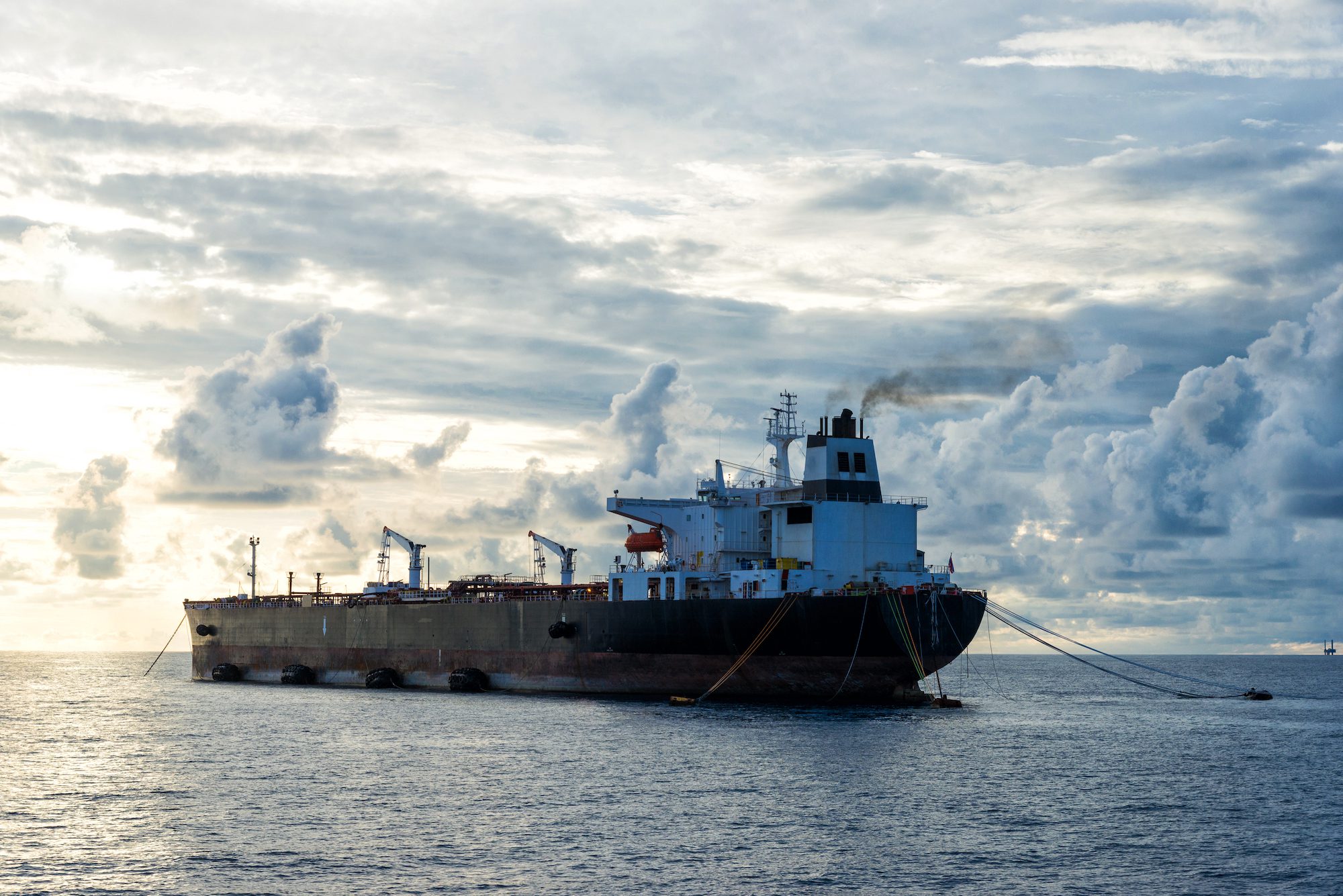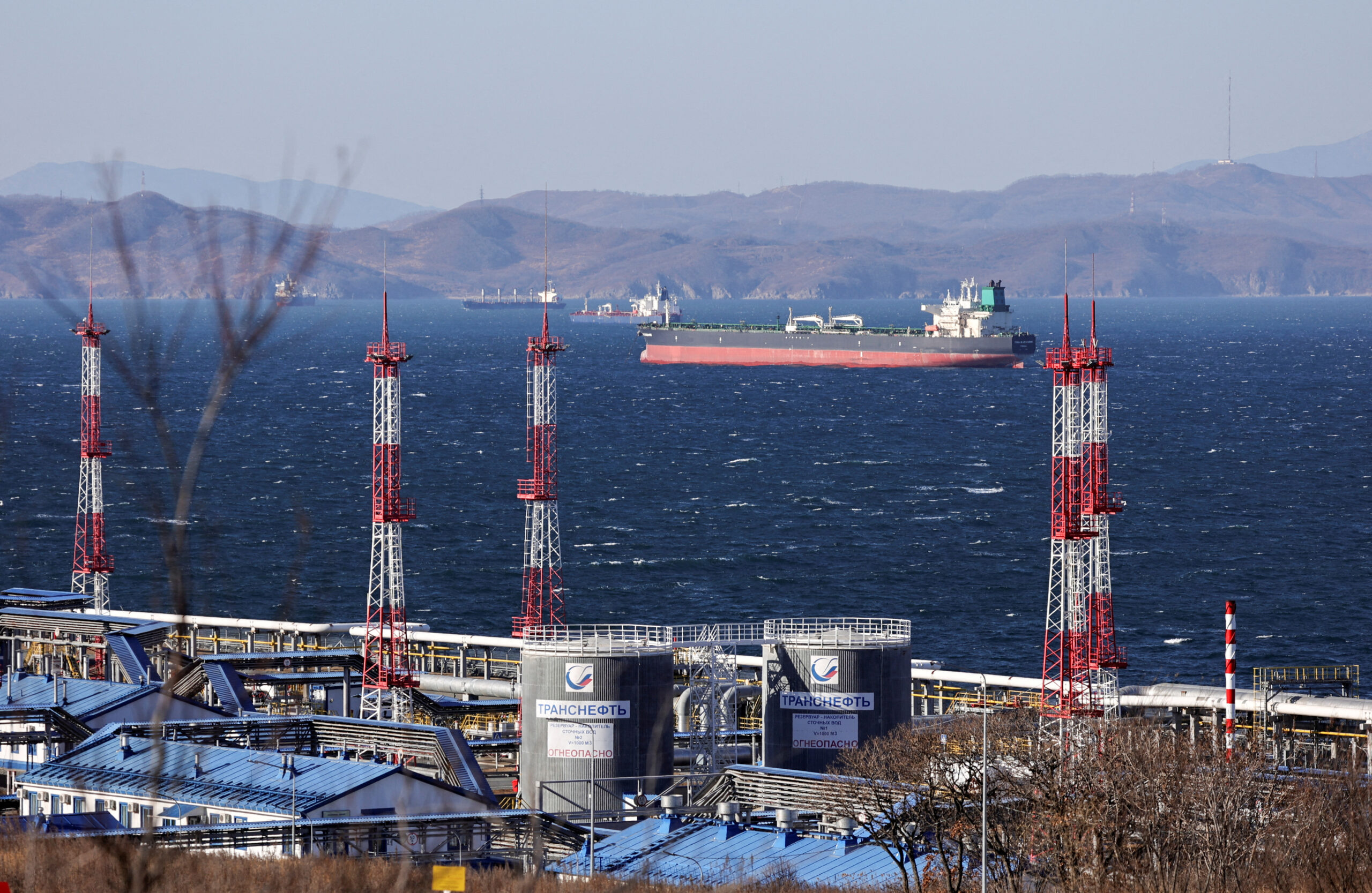(Bloomberg) —
Polish Prime Minister Donald Tusk warned on Thursday that the Baltic Sea is becoming “a new area of confrontation” with Russia, putting the country’s critical infrastructure increasingly at risk.
His warning comes a day after Polish authorities said a sanctioned Russian ship was performing “suspicious maneuvers” near the power cable connecting Poland and Sweden. The tanker left for an unspecified Russian port after the Polish armed forces intervened, they said.
The undersea power link was not damaged, but Poland is checking whether any explosive devices were planted, the prime minister said after meeting top navy commanders.
The Baltic Sea has become a flashpoint in recent months after the detention of several vessels on suspicion of tearing up undersea telecommunications cables. Baltic nations have also increased scrutiny of unregistered tankers due to concerns about sanctioned Russian oil, saying that Moscow’s so-called ‘shadow fleet’ could lead to security breaches and environmental risks.
Since Russia’s full-scale invasion of Ukraine there have been “too many incidents” in the Baltic Sea for Poland to take maritime security lightly, Tusk said at a meeting with Polish naval commanders in the coastal city of Gdynia on Thursday.
The risks are keenly felt in Poland, which shares a border with Russia’s ally Belarus and exclave of Kaliningrad, home to a naval base at Baltiysk.
On Wednesday, Russia declared that it would defend its vessels in the Baltic Sea, one of the world’s busiest shipping routes, by all legal means after briefly deploying a fighter jet as Estonia tried to halt an oil tanker in its economic zone.
In recent years, Poland has expanded its energy infrastructure to wean itself off Russian supplies. It has constructed a gas link to Norway, a liquefied natural gas import terminal as well as expanded port capacities to handle growing flows of goods and military aid to neighboring Ukraine.
Poland is also adding offshore wind farms to energy mix and building its first nuclear power plant, both examples of strategic infrastructure located on its Baltic coast.
The country, which is NATO’s highest spender relative to the size of its economy, has also embarked on a rearmament spree. Warsaw plans to buy submarines and has already ordered the construction of three frigates to better protect its maritime interests.
© 2025 Bloomberg L.P.

 Join The Club
Join The Club










